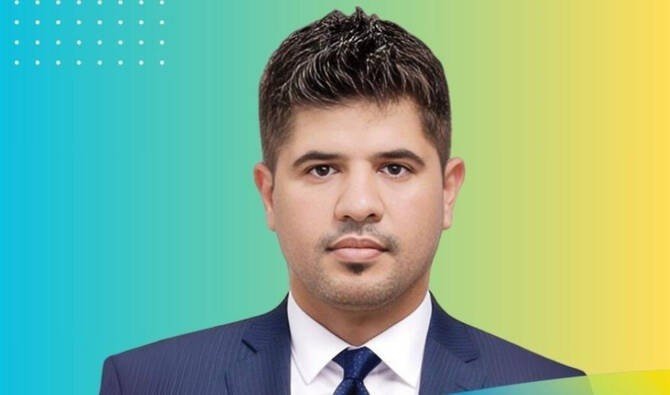Bader Alsharif, a Saudi artificial intelligence scholar, has leveraged his background in computer engineering to create an innovative system that translates sign language into real-time text, aiming to bridge the communication gap between the deaf and hearing communities. His work, which has evolved from over 16 years of working closely with students in the deaf and hard-of-hearing community, uses AI to interpret sign language gestures captured by a camera and display the corresponding words.
Alsharif’s inspiration for the project came from his firsthand experience with the challenges faced by people with hearing impairments. He recognized that overcoming the barrier of limited public understanding of sign language could significantly improve communication for the deaf community and foster better understanding within the wider society.
“By using my background in computer engineering and the power of AI, I realized we could create a smart system that recognizes sign language in real time and translates it,” Alsharif shared in an interview with Arab News. His AI model uses deep learning and hand tracking to analyze gestures and match them to letters and words in English.
Though Alsharif personally understands about 30% of sign language gestures, his AI-powered system is designed to interpret the full range of signs. The project is built around a dataset of nearly 130,000 images of hand gestures, each assigned 21 data points to ensure accurate translation.
While the initial version of the system focuses on translating sign language into English, Alsharif plans to expand the technology to include all languages, with his next goal being the creation of a Saudi Sign Language translation system. “As soon as we have a good dataset, we can implement any sign language translation system into any language,” he explained.
The system is currently one-way, translating sign language into text, but Alsharif’s next challenge is to reverse the process and enable speech-to-sign language translation in multiple languages.
Alsharif, originally from Makkah, holds a bachelor’s degree from the College of Technology in Riyadh, a master’s degree in computer engineering from the Florida Institute of Technology, and is currently pursuing a doctorate at Florida Atlantic University. His research focuses on sign language recognition, AI, and the integration of technology in healthcare.
In addition to his research, Alsharif is a teaching assistant, guiding over 30 students on engineering design projects and providing advice to more than 200 students. His work, combining AI and social impact, has been crucial in addressing real-world challenges and supporting individuals with special needs.
Alsharif is also involved in pioneering projects such as the opening of CISCO’s first office in Saudi Arabia and optimizing the performance and security of over 300 devices. With more than 10 peer-reviewed publications in AI, cybersecurity, and IoT, Alsharif is committed to advancing technology to foster inclusivity and support those with special needs. He attributes his success to the support of the Saudi Arabian government.
Alsharif lives in Boca Raton, Florida, with his wife and four children, and remains dedicated to creating innovative solutions that make a difference in the lives of individuals with disabilities.















